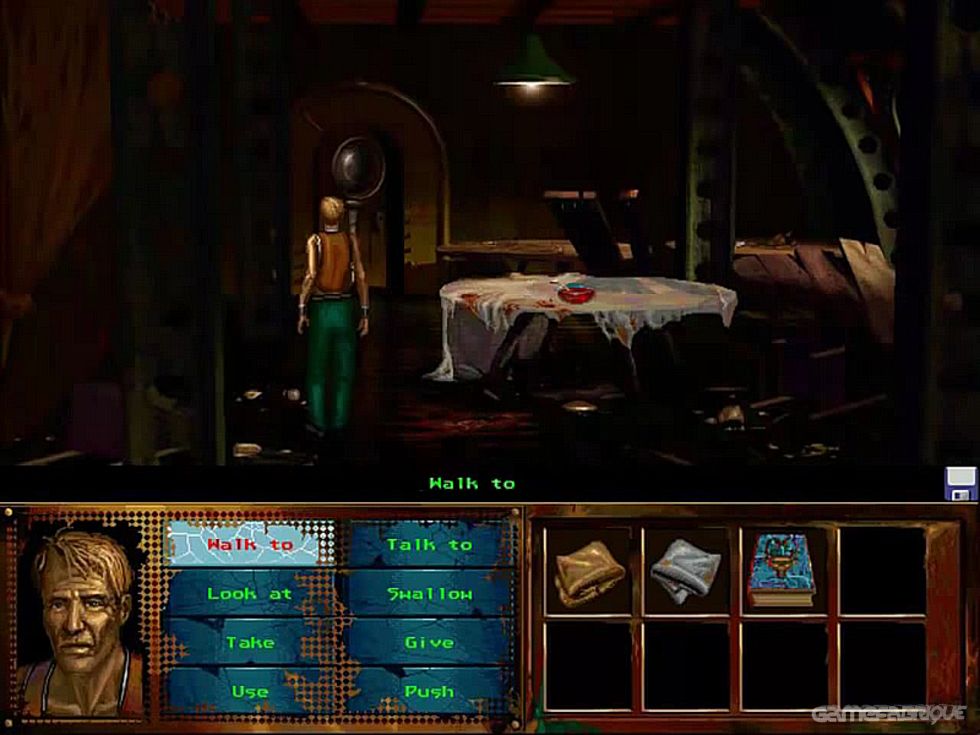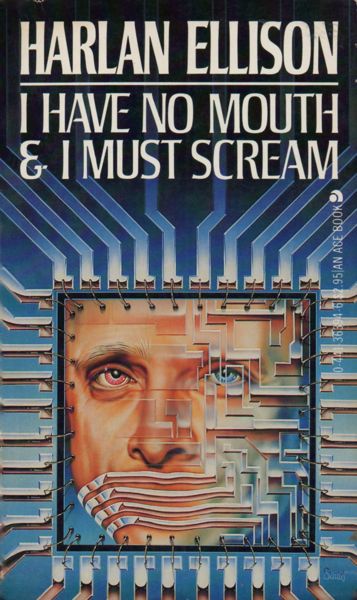
The one clue from Year 4 that he couldn’t solve was something very simple: “When your poor Amy has a cold, this dessert just must be sold.” It doesn’t seem like much of an ask for a husband to know what his wife likes to eat when she is sick, and yet Nick presents this as some sort of insurmountable obstacle, a completely unfair question setting him up to fail. Perhaps he wouldn’t feel as if they were a personal attack on him if he was engaged enough with his wife to solve her riddles. Nick describes the hunts to his twin sister Margo as a “forced march designed to prove what an oblivious and uncaring asshole her husband is.” This interpretation is a far cry from their Year 1 treasure hunt in New York City, where they were on the same page and Nick knew all the answers and the two of them seemed annoyingly, disgustingly happy together.Īmy’s treasure hunts have not changed (at least until the Year 5 hunt) what is different is Nick’s response to them and his failure to get things right. The anniversary treasure hunts he once enjoyed became a torturous chore-a yearly reminder that he did not pay his wife the attention she deserved. Nick may have loved Amy once, but when the bright shiny early days faded into the monotony of married life, he got bored.

He’s almost as insufferable as Amy is, though for entirely different reasons. It’s inconceivable, but boy is it enjoyable to watch. It’s the sort of thing that no one in their right mind-even the smartest, most manipulative, most conniving woman in the world-would do. For Amy, the only option is the nuclear one: to stage her own murder and frame him for it. She could have publically shamed him for it, confronted his far-too-young mistress Andie, and/or ruined him financially in a divorce (after all, everything they had was bought with her money and she had an air-tight prenup). And who wouldn’t? But, because she is Amy, she can’t just go about things in a normal way. Her husband cheated on her and she wants him to pay for it. What it all comes down to is this: Amy Elliott Dunne presents us with the ultimate female revenge fantasy. What is relatable about Amy is her emotional response to her husband and her marriage: the fairytale romance that quickly devolved into a toxic relationship via money troubles and family problems the lying, cheating, emotionally distant husband who “took and took from until there was nothing left.” Again, this is not a universal experience, but the way that it all made her feel is something that I think a lot of people can relate to-that resentment and anger that festers in a dysfunctional marriage and that eventually, inevitably boils over. She’s stuck up and elitist and completely out of touch. This is not a universal experience, and it’s one of the reasons why it’s very easy to hate her.
#I have no mouth and i must scream am humanize series
When I say that Amy is relatable, I’m not referring to her life circumstances-the poor little white woman made famous (and rich) by a series of books written about her.


That said, she is in some ways horrifyingly relatable. She is a horrible person, a psychopath, a liar, and a killer. But before I get into why I adore the Amazing Amy Dunne, let me say this: Amy is a monster. Finally, a Bad Woman Doing Bad Things that I could enjoy and celebrate in all her villainy. I enjoy watching these guys as much as the next person, with the caveat that this behavior is not something to be respected or emulated.Īnd so when I first discovered Amy Elliott Dunne-first in the novel Gone Girl by Gillian Flynn and then in David Fincher’s film adaptation (also penned by Flynn)-I was absolutely in love. These men are celebrated despite the fact that they are all unequivocally bad people, but it’s ok to enjoy their on-screen shenanigans (lying, cheating, murder, etc.) because they have been humanized in the context of their respective shows. The proliferation of antiheroes-especially “Golden Age of Television” characters like Tony Soprano, Walter White, and Don Draper-have made it so that Bad Men Doing Bad Things have become commonplace in our media. Of course, we don’t get to see very many of those. Gone Girl’s Amy Elliott Dunne is one of the most fascinating antiheroines in recent memory.

He took and took from me until I no longer existed. Nick Dunne took my pride and my dignity and my hope and my money.


 0 kommentar(er)
0 kommentar(er)
